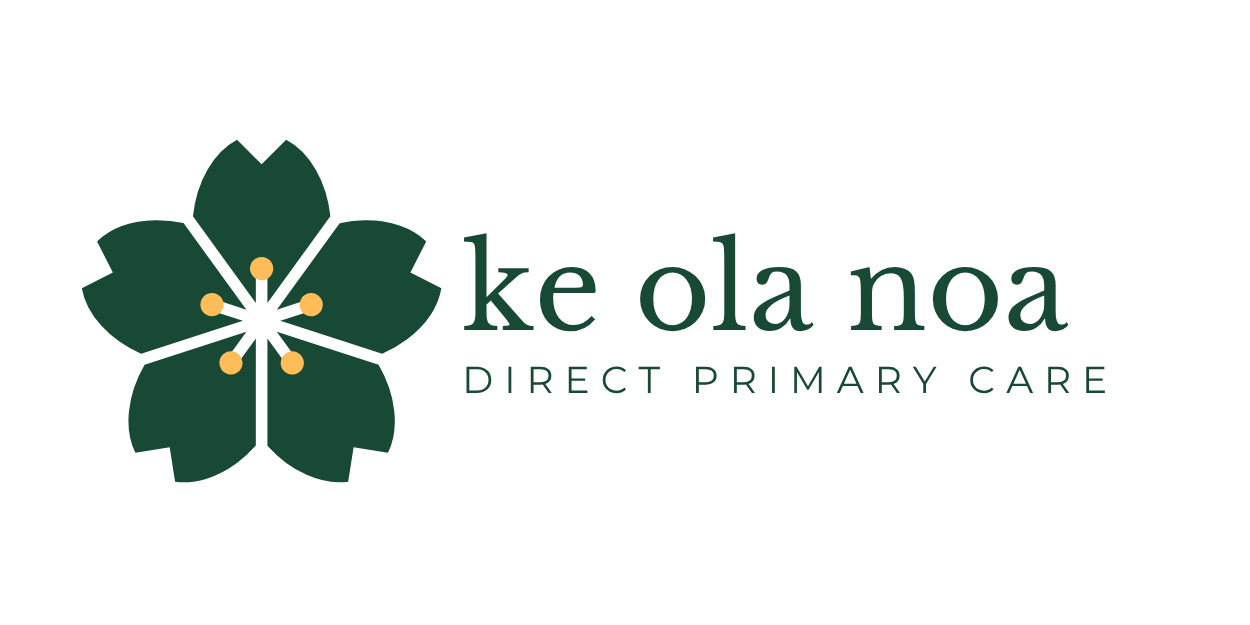A New Hope: Direct Primary Care is Our Own Obi-Wan Kenobi
I was born to Chinese immigrant parents, and that heritage is deeply woven into who I am. The values I hold dear—dedication to family, hard work, humility, and care for others—are a blend of Chinese and American influences. As the oldest of three children, I naturally took on the role of caretaker from a young age. That instinct to look out for others is part of what led me to medicine.
Like many children of immigrants, I grew up with high expectations. My parents wanted me to succeed, to make them proud. And while that was a powerful motivator, I also discovered that medicine was a calling that truly fit me. It wasn’t just about mastering facts or memorizing information. I found that I loved connecting with people, hearing their stories, and understanding the unspoken worries that often lie beneath their symptoms.
A lot of times, people come in worried about their heart—like they’re feeling weird palpitations or their heart’s racing or skipping beats. I always make sure to listen, run the right tests, and check that nothing serious is going on. But I also like to dig a little deeper and ask about what’s going on in their lives. Are they getting enough sleep? Stressed out? Often it turns out that stuff like caring for a new baby, helping an aging parent, or dealing with family health issues can really affect how they’re feeling, both physically and emotionally.
These moments of connection build trust. My goal is that my patients feel safe with me, like they can share the whole picture of what they’re going through. Over time, those relationships often feel like friendships. We exchange book recommendations, recipe ideas, and encouragement.
At the heart of it, being a physician for me is about partnership. I want my patients to know that I see them as whole people—not just as a set of symptoms—and that I’m here to help them care for both their bodies and their lives.
But as much as I loved practicing medicine this way, the traditional healthcare system wasn’t set up to support it. The demands of insurance paperwork, limited appointment times, and a focus on billing codes over people made it harder and harder to do the work I felt called to do. It was like the medical “Empire” was tightening its grip, making it difficult to provide care that was truly patient-centered and relationship-based.
That’s when Direct Primary Care came along. I felt like Leia recording a message on R2D2: “Help me, Direct Primary Care, you’re our only hope.” It gave me the freedom to focus on what matters: building real connections, spending time with patients, and practicing medicine the way it was meant to be. Instead of fighting an oppressive system, I found a new path where care isn’t rushed or dictated by insurance rules, but guided by trust and partnership.
Choosing this path was like joining the Rebel Alliance, offering a new hope to take down the oppressive system that no longer served anyone but themselves and create a new way forward–one patient at a time.


